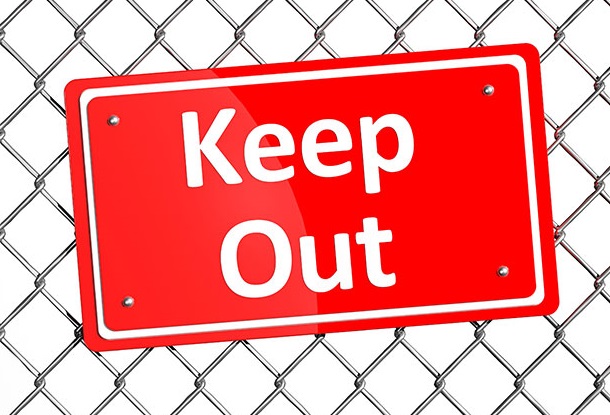
Global trade no panacea to poverty, but protectionism must worry us all - Dr. Liam Fox
Anyone with half an eye on world events can see that we are at a crossroads when it comes to trade.
Everywhere we look, more measures are being taken to 'protect' domestic economies from 'unfair' competition.
And this is often playing well with domestic audiences, encouraging those in charge to double down and do more of the same.
If you doubt this, here's a startling fact; in 2009, following the financial crisis only 0.7% of imports into G20 countries faced new restrictive measures, a figure which by 2019 had risen to 10.3%. In short, some of the world’s richest countries are raising barriers to markets access for some of the poorest.
Of course, the argument that this helps countries who import such measures is illusory; domestic consumers pay more for the same goods, choice diminishes and the security offered by global supply chains is eroded.
It is a hoary old fact that the rules-based system governing world trade has helped to lift over 1bn people out of extreme poverty over the last 30 years but I am not in the least embarrassed to repeat it. This is not some throwaway line or a trite factoid to illuminate an oped; it is a truly remarkable outcome that should shine brightly on any discussion about trade - one of the greatest achievements in recent human history.
Trade is a force for good. If you doubt this ask any South Korean of a certain age, working women in Bangladesh, someone now in their 50s in many parts of China, many living in states that were part of the former Soviet Union, across swathes of Latin America, and in parts of north, east, west and southern Africa and many other parts of the globe.
So, when we see the trend towards protectionism we should all worry.
There are still billions of people in the global South as yet left untouched by the benefits of the ability to trade more widely than their own domestic markets and billions more who have taken steps along the trading path whose progress is threatened.
Of course trade is not a panacea, far from it. But it has been so successful in spreading prosperity and allowing countries to take steps towards creating domestic stability and security that we should all worry that this vital tool is being rendered less and less effective. At last, millions of people live where they grew up, where they want to stay and where they can stay because there is a living to be made.
What then for the future and how should the World Trade Organization, of which I seek to be the Director General, react?
First, the WTO has to be more muscular in making the case for trade, not just providing the operating model for it. We need to champion the vision for trade, in an interconnected, COVID threatened and less stable world as a shared endeavor and a force for good.
We need people to understand that trade helps create prosperity, causes individuals to rely on others more widely, encourages social cohesion, offers the chance of increasing political stability which, in the end, is the building block of collective security for all.
Second we have to understand that the problems we face are political, not technical. The problems that beset the WTO itself - the paralysis of the Appellate Body, the lack of progress on new and important challenges and many more - are manifestations of larger, political issues. Likewise, those bigger political issues are the product of cycles of leadership that the WTO has to understand, exist within and manoeuvre around with great care and understanding.
Third, the WTO needs to find its place within the web of interconnected agencies so that we can properly address the global challenges that confront us.
The UN's Sustainable Development Goals are a key driver of much global activity around poverty and its eradication, and trade plays a key part on both sides of the coin. It is enormously important that in increasing trade and prosperity the WTO does not inadvertently encourage practices that undermine sustainability.
That is a lot of work briefly danced across in three short points. But if we can make progress on them, I believe we will have done much to bolster trade and improve the life chances of huge numbers of people across the globe.
Op-ed by: Dr. Liam Fox MP
Candidate for World Trade Organisation Director General.
International Trade Secretary and President of the Board of Trade (2016-19)
